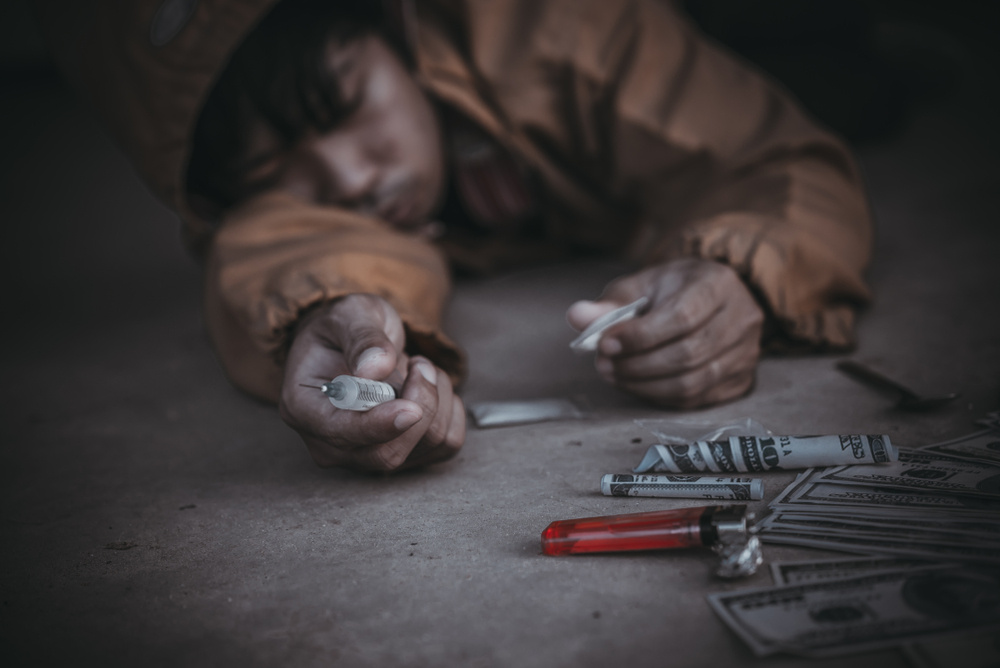5 Bad Habits That People In The Drug Addiction Industry Need To Quit
The Merriam-Webster Dictionary defines addiction as “a compulsive, chronic, physiological or psychological need for a habit-forming substance, behavior, or activity having harmful physical, psychological, or social effects and typically causing well-defined symptoms (such as anxiety, irritability, tremors, or nausea) upon withdrawal or abstinence.” The American Psychiatric Association explains substance use disorder (SUD), colloquially referred to as addiction, as a complex, neurological “condition in which there is the uncontrolled use of a substance despite harmful consequence,” and, as such, it is listed in the Diagnostic and Statistical Manual of Mental Disorders, Fifth Edition (DSM-5). There are many ways to help people in the recovery community and there are an equal, if not more, number of ways that can harm members of the recovery community. The following five harmful habits are common within the drug addiction industry, and need to change:
- Financially prohibitive price-tags: Treatment programs can be excessively costly, and according to a peer-reviewed study, published in the February, 2021 issue of the journal Health Affairs, many for-profit rehab programs charged inflated fees.
- Relying on aggressive marketing techniques: The Drug addiction industry preys on the fact that people in need of substance abuse and/ or addiction treatment are in a place of deep vulnerability and exploit them by using misleading sales practices and aggressive marketing tactics to attract patients.
- Lacking proper care: The disorganized role of doctors, physician assistants, and other trained medical professionals in addiction care arena enables some addiction treatment programs to get by with providing ambiguous medical treatment. Additionally, evaluating a patient’s actual medical needs becomes secondary to ensuring their attendance.
- Patient brokering: The federal laws prohibiting commissions for patient referrals are lacking, and as a result, patients have turned into commodities. Brokers are used to lure people struggling with addiction into treatment centers and sober homes by enticing them with free travel and health care, spa-like accommodations, free rent, gift cards, etc.
- Excessive consumer billing and insurance fraud: It is not uncommon to be charged exorbitant amounts of money for urine testing, or to be tested more frequently than necessary. The Hazelden Betty Ford Foundation identifies other disturbing trends along these lines, such as “labs and doctors getting kickbacks from treatment programs and sober homes for fraudulent tests billed to insurers, and a greater number of rehab centers and sober homes that own their own testing labs.”
The drug addiction industry is suffering from a lack of standards. Further, NPR stated that according to academics, recovery advocates, and government officials, roughly half the states in America provide little or no meaningful oversight over the drug addiction industry.
For Information and Support
Substance abuse and addiction can be incredibly dangerous and can result in severe short and long-term consequences. If you or someone you know is suffering from substance abuse or addiction, please get help as soon as possible. The earlier you seek support, the sooner you and your loved ones can return to leading happy, healthy, and fulfilling lives. There is no reason to go through this alone, and we are here to help. Please feel free to reach out to us for further information or with any questions regarding substance abuse or addiction. We are available anytime via telephone at: 213-389-9964, or you can always email us at: info@friendlyhousela.org



